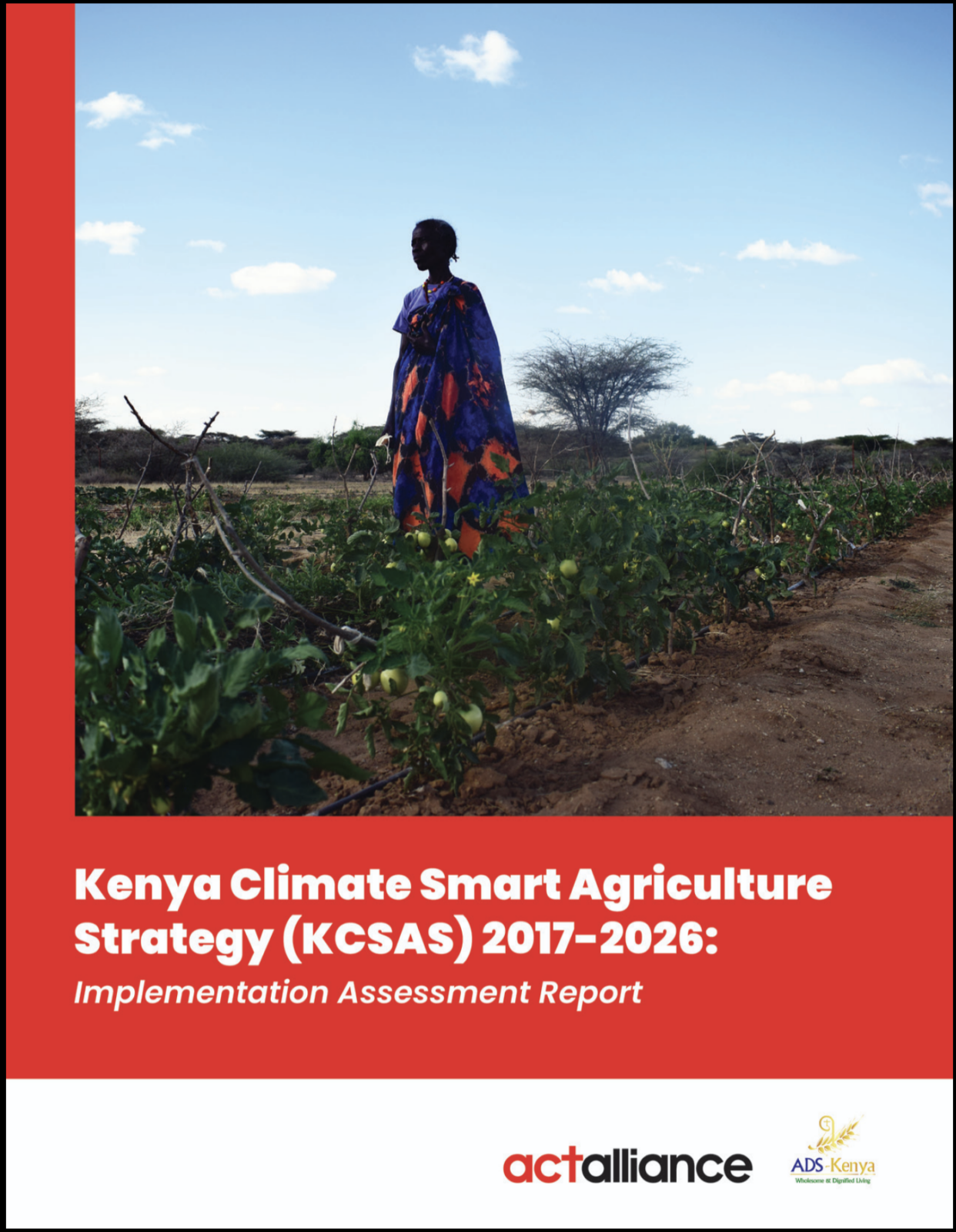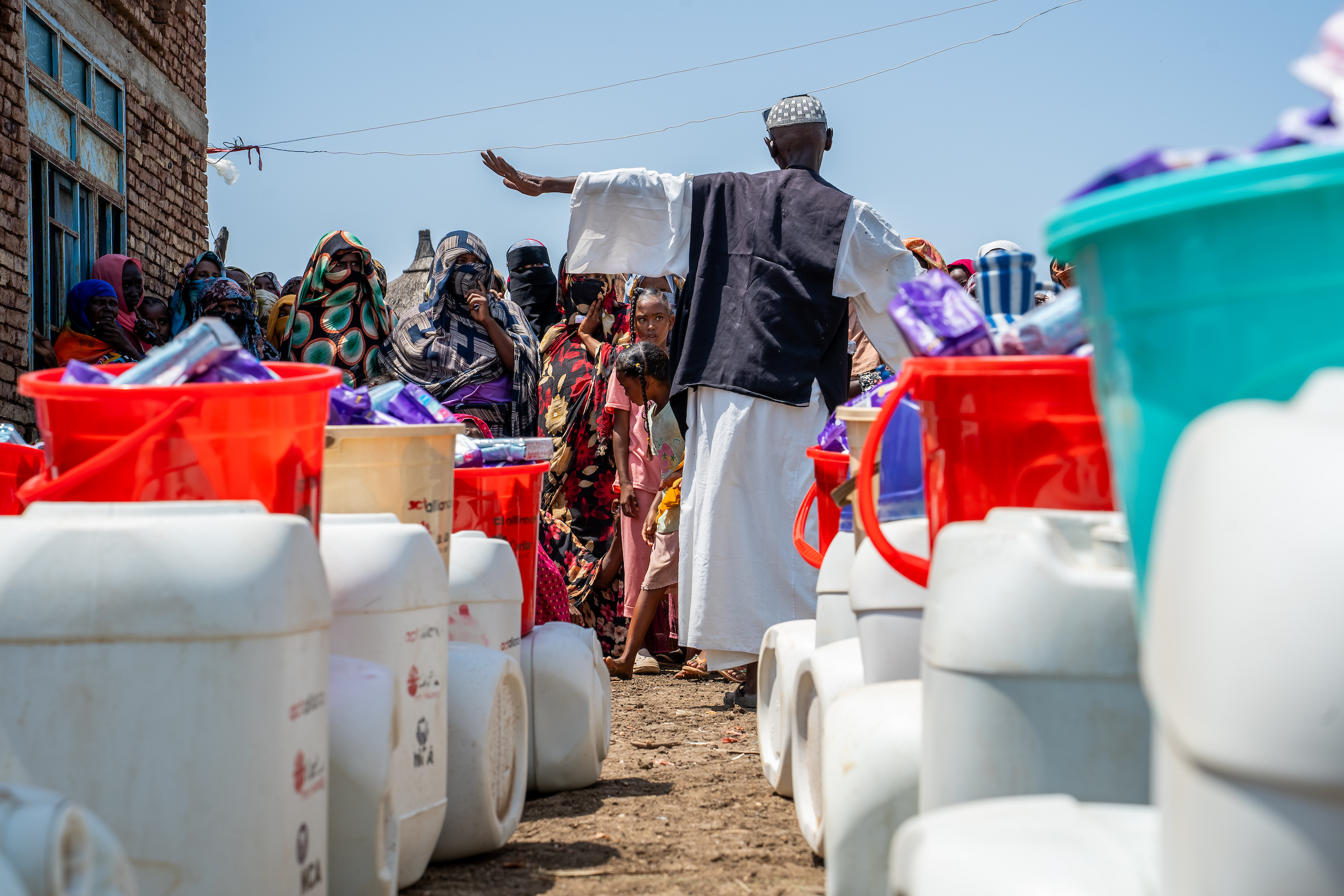Philosopher Bruno Latour argues that politics concerning societal and environmental futures need to return to the Earth. For too long, modern conceptions of development have been disconnected from the living materiality of our planet. Because these visions of development haven’t been compatible with planetary boundaries, humankind—as part of Creation—must now cope with climate change and environmental degradation.
The disconnection from material boundaries is part of the troubled relationships between humans too. The accumulation of wealth, for instance, has been highly unequal between people and places. While it is the superrich whose overconsuming lifestyles are driving the planetary climate change, little attention or solutions have been suggested to remedy the ever growing gap between the rich and the poor.
Returning to the Earth must begin by addressing the current unequal situations. The IPCC has made it clear that the severity of climate change is undeniable; the warming that has already occurred is causing loss and damage (L&D) as the hard limits of adaptation have been surpassed.
Accepting this new reality has been sluggish. Although COP28 in Dubai in 2023 established a fund to tackle loss and damage, it had taken thirty years for the Global South to gain recognition that international support is necessary to meet their needs in coping with the loss and damage caused by the climate crisis.
ACT Alliance can proudly state that it has never lost its connection to the Earth: our actions have always been deeply rooted in the lived realities of communities affected by climate change. Recently published research, using an innovative methodology to examine a sample of 74 development and humanitarian projects, mapped whether ACT and its members are effectively providing action to avoid, minimize, and address loss and damage.
Empirical results basis of new ACT study
The results are clear: ACT members support vulnerable communities in avoiding rapid- and slow-onset events, providing humanitarian assistance during crises, and mobilizing tailored support for recovering from loss and damage events.
In the new ACT study, Action on loss and damage: insights from ACT Alliance, the research shows that loss and damage action does not follow a one-size-fits-all approach. Instead, it benefits from a wide range of locally developed strategies that evolve over time to meet changing needs. A comprehensive approach allows for smooth transitions from one type of action to another in response to shifting conditions.
Furthermore, the research suggests new opportunities for increasing cooperation beyond local contexts. This can be achieved through more effective coordination of diverse financial resources to ensure that the rights to development and a safe environment are guaranteed.
At the same time, there is an urgent need to scale up finance to address loss and damage and to ensure that support is delivered in a holistic manner that addresses non-economic and economic loss and damage adequately. We must also scale up adaptation action to minimize risks of loss and damage occurring.
Although the challenges posed by climate change differ between peoples and places, the research highlights how respecting human dignity and employing a human-rights-based approach make loss and damage action more legitimate and effective across various contexts.
The Earth is changing, but the key message of the research is that we do have the agency and capacity to alleviate even the impacts of climate change that are considered unavoidable. There is a need for urgent mitigation action and climate justice here. ACT members are uniquely positioned as faith actors to help reshape more equal, just relationships between the global North and South.
If we are to take Latour’s ‘return to earth’ seriously we could also connect politics and ecology to reinstate a more harmonious relationship between nature and human society.
Download the new ACT study Action on loss and damage: insights from ACT Alliance here.
Niko Humalisto works with ACT member Felm, and is a member of ACT’s Climate Justice Advocacy group.




